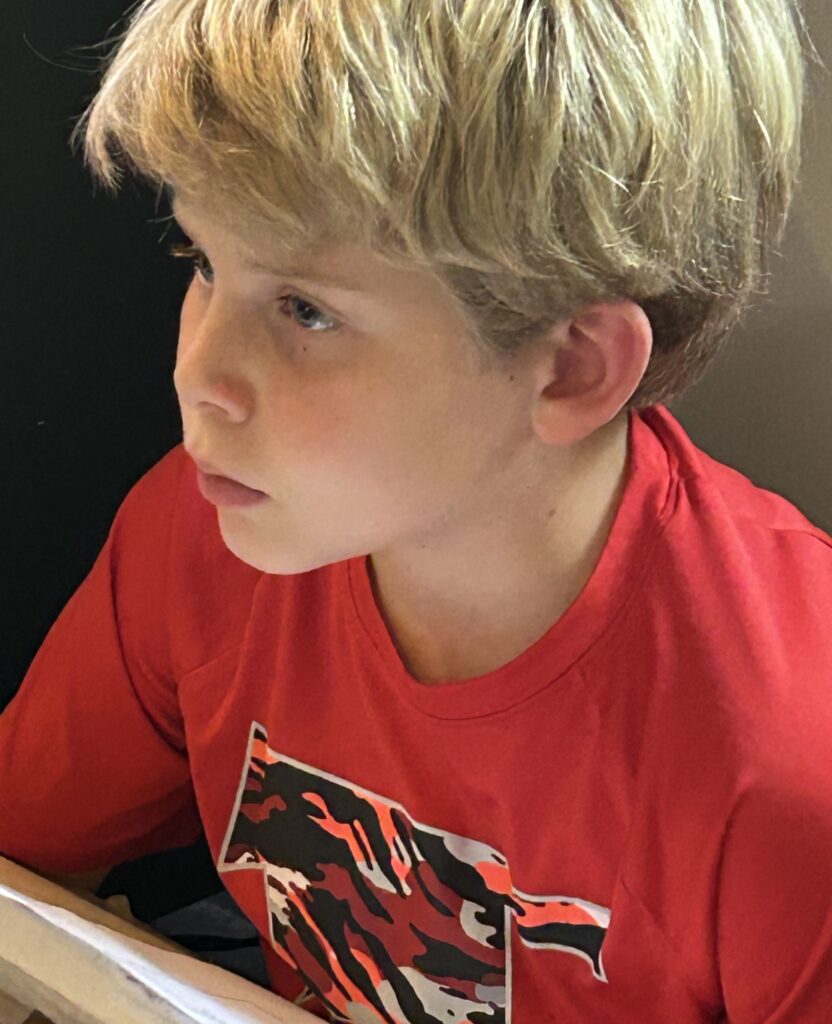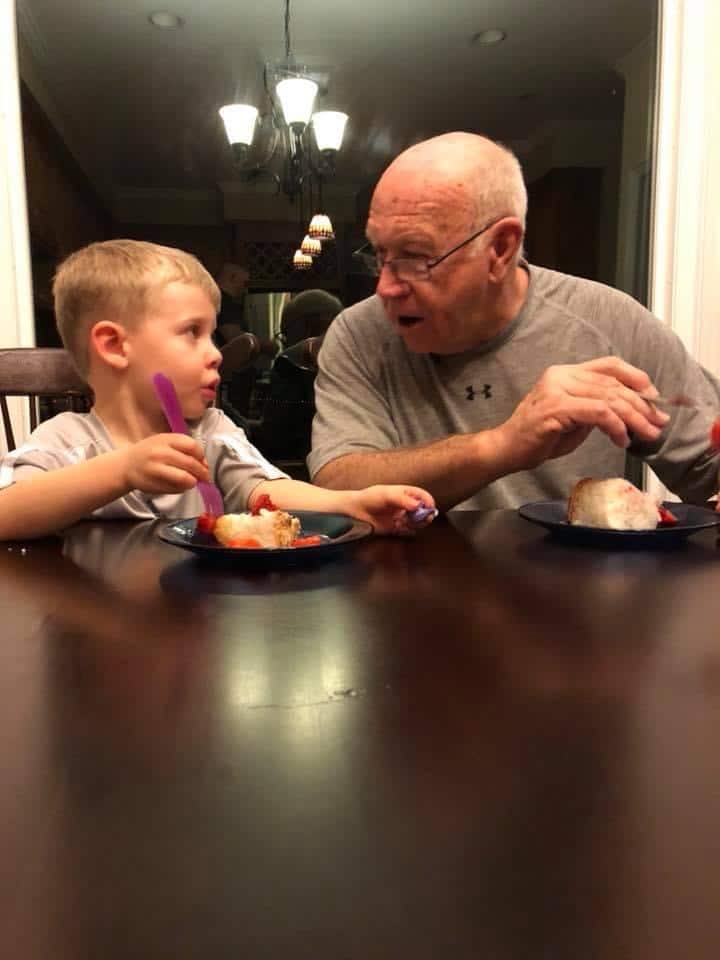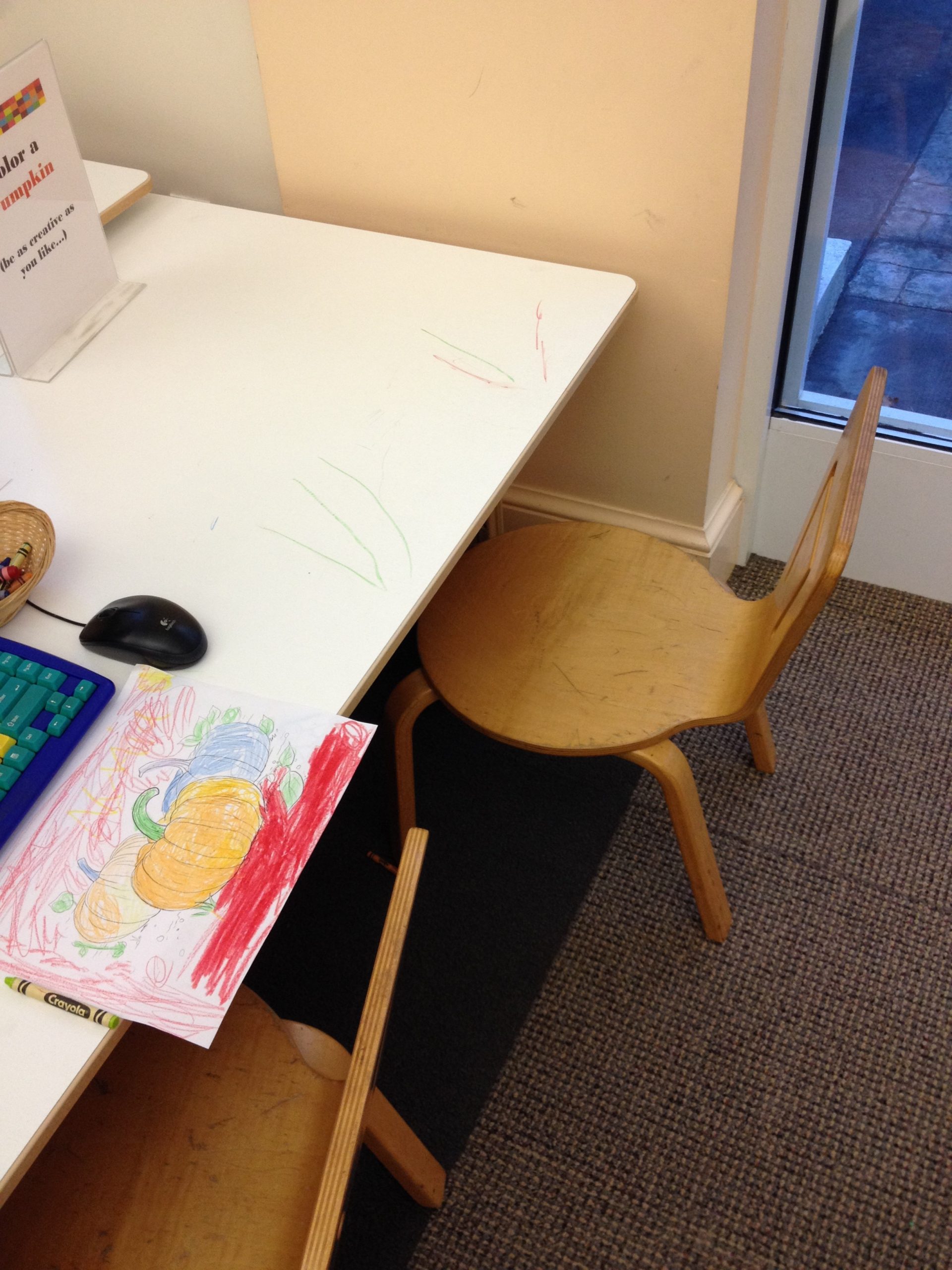Listening skills do not mean students make eye contact. Students staring off into space during a lesson could pay attention. They may need time to think without the distraction of others. They need processing time. A study with students trained to look away from the person’s face answered 72% of questions asked correctly. However, untrained students showed 55% of their answers correctly.
However, many believe that eye contact is significant when someone is speaking. Yet, research finds that a person’s face can be distracting. The brain uses energy to study a face while a student tries to concentrate on listening. Also, students may look away to process information so they can find the correct answer or solution to a question.
Listening Skills Without Eye Contact
No eye contact does not mean there is no comprehension on the student’s part. Also, no eye contact does not mean the student isn’t listening or they’ve tuned out. It’s best if students periodically look when conversing or listening.
Students, like most people, make eye contact without thinking. However, it’s important to maintain a relationship and bond with students. Thus, in bonding, some eye contact is necessary. Some students have difficulty with looking at a person. Usually, it’s when a student has a disability such as ADHD, autism, anxiety, or other behavior types.
Some research suggests students are less able to do difficult tasks that require thinking when they are required to make eye contact. They need to break eye contact to enable them to think about a problem.
It is not good to demand students increase their eye contact. Demanding causes stress. Hence, students become unmotivated.
Teaching About Eye Contact
Instead of stressing out about students’ eye contact, some teaching strategies may remind students to look.
- Place drawings or stickers of eyes around the room to remind students to look.
- Set up and use a code word for students when they are in whole group or small group discussions.
- Ring a bell or set an alarm on a phone as a reminder.
- Students can add their own notes to a pencil, folder, tablet, or in their pencil box as a reminder.
Some strategies do not continuously work. However, in the short term, they serve as good reminders. Some eye contact is important to enhance listening skills. Yet, many students pay attention while taking notes, or scribbling on paper. Lastly, listening does not always translate to understanding.



